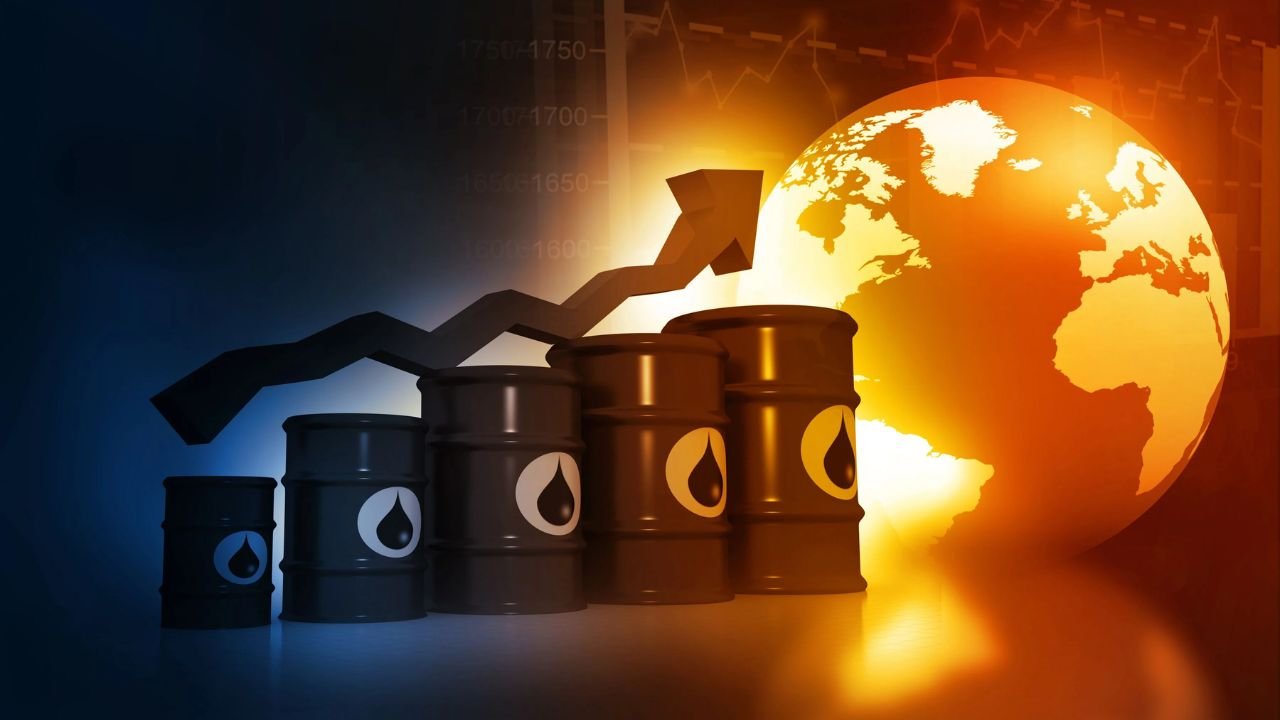Global oil prices surged after Israel announced it had launched strikes on Iran, significantly escalating tensions in the Middle East.
The price of Brent Crude, the global benchmark, rose more than 10% soon after the news, reaching its highest point since January.
Traders are worried that a conflict between Israel and Iran could disrupt oil supplies from this key energy-producing region.
Oil prices impact many everyday costs, from filling up vehicles to grocery prices.
As trading started in Europe, prices eased slightly but remained about 5% higher than the previous day’s close. Brent crude traded in London at $72.80 per barrel, while US Nymex crude was priced at $73.20.
Stock markets also fell in Asia and Europe on Friday, with the UK’s FTSE 100 index opening 0.6% lower.
Safe-haven assets like gold and the Swiss franc gained value, as investors often turn to these during uncertain times.
Gold prices rose 1.2%, reaching nearly a two-month high at $1,423.30 an ounce.
In a live update, Israel’s military said it targeted Iran’s nuclear sites and military commanders. In response, Iran reportedly launched around 100 drones toward Israel.
Energy analysts told the BBC that traders will closely watch how the conflict develops over the next few days.
Vandana Hari from Vanda Insights said, “It’s a volatile situation but could be resolved quickly, as seen during similar clashes in April and October last year.”
However, she added that the situation could escalate into a wider conflict that disrupts oil supplies from the Middle East.
In a worst-case scenario, Iran could block millions of barrels of oil per day by targeting infrastructure or shipping in the Strait of Hormuz.
This strait is one of the world’s most crucial shipping lanes, with around 20% of global oil passing through it.
The Strait of Hormuz lies between Iran to the north, and Oman and the UAE to the south, connecting the Persian Gulf with the Arabian Sea.
Saul Kavonic, head of energy research at MST Financial, said, “Right now, it’s an initial risk-on reaction, but in the next couple of days, markets will have to consider how far this conflict might escalate.”






